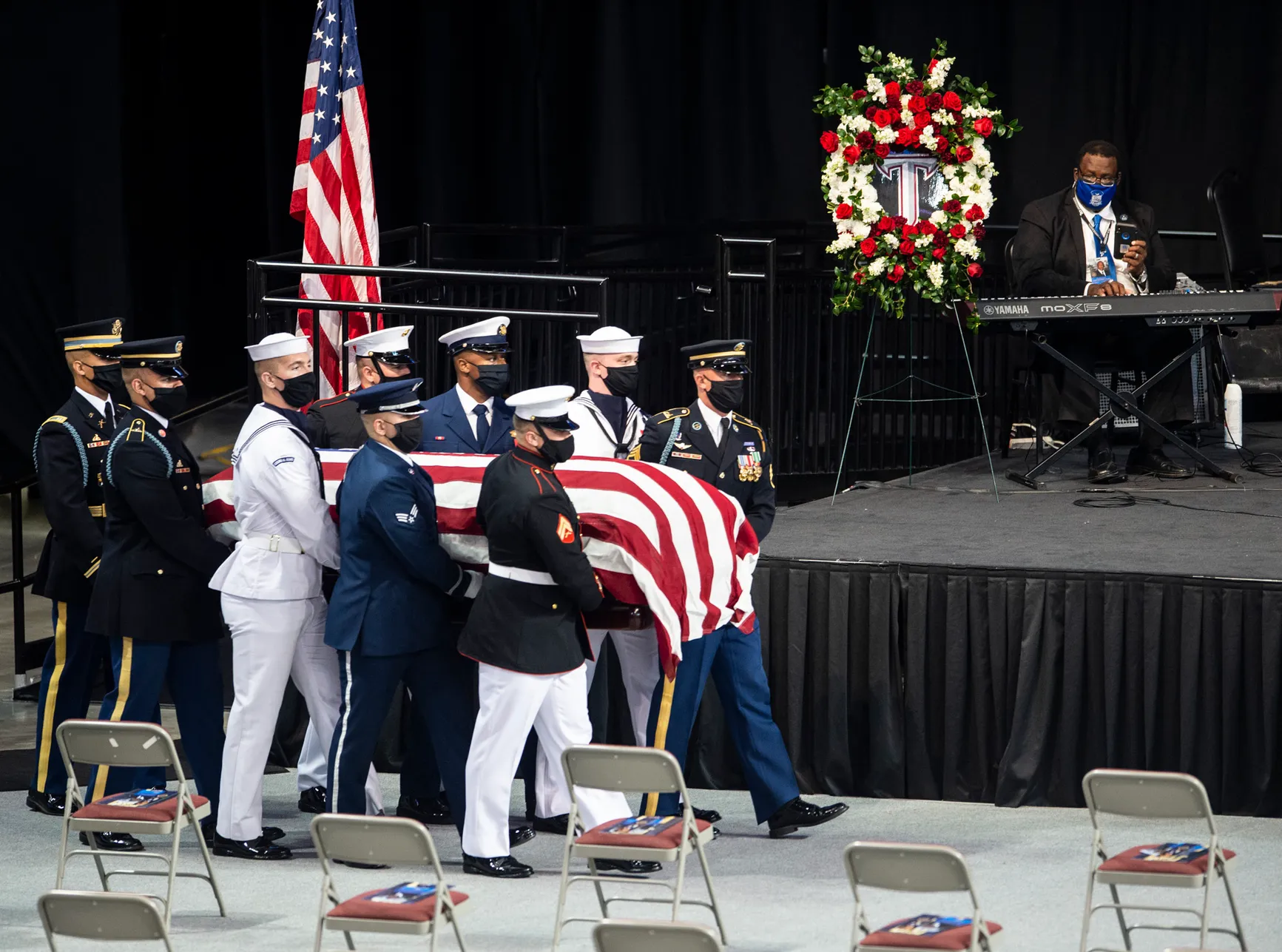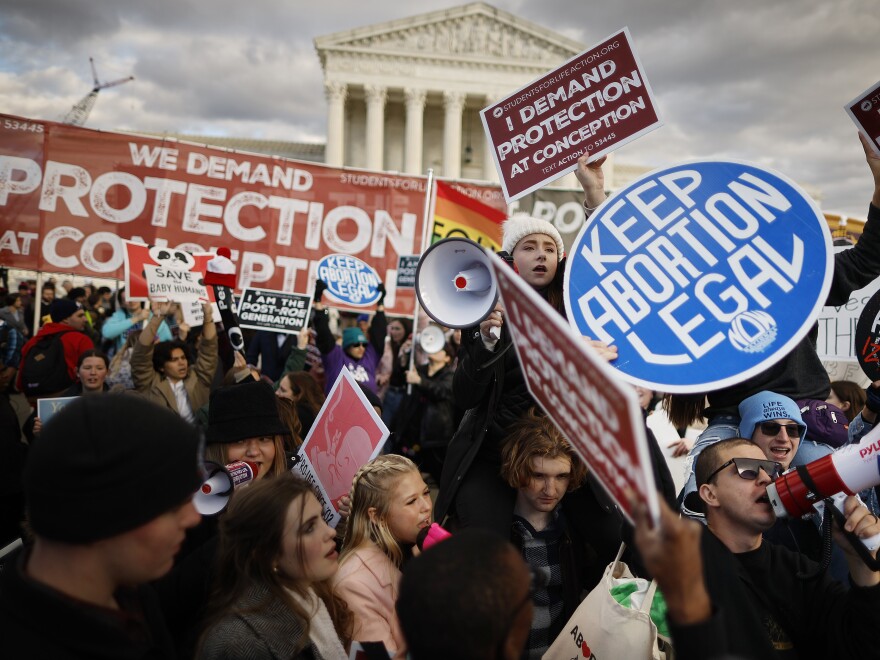In a bold display of unity and resilience, communities across the nation are gearing up for the "Good Trouble Lives On" national day of action on July 17. Five years after the passing of the late Congressman John Lewis, this movement aims to confront the continuous threats to our civil and human rights under the Trump administration. It is a clarion call for justice, echoing Lewis"s urgent reminder that in America, the power lies with the people.
Good Trouble Defined
The term "Good Trouble," coined by the revered civil rights leader Congressman John Lewis, encapsulates the spirit of peaceful protest against systemic injustices. Lewis emphasized that engaging in nonviolent action is crucial to challenging oppressive structures, a sentiment that resonates deeply today as we witness a resurgence of anti-democratic forces. This day of action on July 17 serves as a reminder of the sacrifices made by civil rights leaders who fought for voting rights, dignity, and justice for all.
Historical Context of Nonviolent Protest
Nonviolent protest has a storied history in the United States, often serving as a catalyst for significant legislative changes. As reported by Brookings, the actions taken by peaceful demonstrators have historically invoked a moral outrage that can sway public opinion and government action. This is evidenced by the Civil Rights Movement of the 1960s, where peaceful protests were met with violence, yet they ultimately galvanized support for the Civil Rights Act and the Voting Rights Act.

John Lewis, "conscience of Congress," to lie in state at the ...
Current Threats to Civil and Human Rights
The threats posed by the Trump administration to civil rights are not merely political; they are existential. The rollback of voting rights, the rise of voter suppression tactics, and the targeting of marginalized communities are all part of a broader strategy to undermine democracy. As highlighted in a recent study, mass protests—whether they involve nonviolence or limited violence—can be effective at advancing the movement"s goals according to research. This underscores the urgency of mobilizing in collective action, as we prepare for the July 17 events.
Mobilization Efforts and Community Engagement
Grassroots organizations and activists are busy preparing for this pivotal day of action, emphasizing the importance of community engagement and awareness. The "Good Trouble Lives On" toolkit encourages individuals to host events, participate in marches, and engage in local discussions about the state of civil rights in America. The map provided on the event"s website indicates the lack of organized events in many areas, signaling a need for increased grassroots mobilization. By standing together, we echo Lewis"s call to make "Good Trouble" and affirm our commitment to justice.

What to know about abortion and the 2024 election | WUNC
Impact of Nonviolent Action on Legislative Change
Nonviolent protests have historically been effective in influencing legislation. The research indicates that peaceful protests can create a compelling narrative that captures public attention and forces lawmakers to respond according to a study. Images of peaceful protesters being met with brutality have often catalyzed support for reform, motivating citizens to demand accountability and action from their representatives. This pattern reinforces the notion that our collective voices and actions can lead to tangible change.
The upcoming events on July 17 are not just commemorative; they are a rallying cry for a renewed fight against injustice. As we mobilize to honor John Lewis"s legacy, we must remember that the essence of "Good Trouble" lies in our willingness to confront the status quo and demand the rights and dignity that are the birthright of all Americans.

![[Video] Anti-ICE Protester Pepper Sprayed as CBP Agents Disperse Crowd in Minneapolis](/_next/image?url=%2Fapi%2Fimage%2Fthumbnails%2Fthumbnail-1768260677127-y71sb7-thumbnail.jpg&w=3840&q=75)

![[Video] Several injured as U-Haul truck drives through Iranian protestors in Los Angeles](/_next/image?url=%2Fapi%2Fimage%2Fthumbnails%2Fthumbnail-1768176682028-q95y6j-thumbnail.jpg&w=3840&q=75)
![[Video] Scuffle breaks out between Trump supporters and Anti-ICE protesters in Times Square](/_next/image?url=%2Fapi%2Fimage%2Fthumbnails%2Fthumbnail-1768165958203-hgcgb-thumbnail.jpg&w=3840&q=75)


![[Video] Gunfire between Iraqi security forces and Sadr militias in Baghdad](/_next/image?url=%2Fapi%2Fimage%2Fthumbnails%2Fthumbnail-1768343508874-4redb-thumbnail.jpg&w=3840&q=75)
